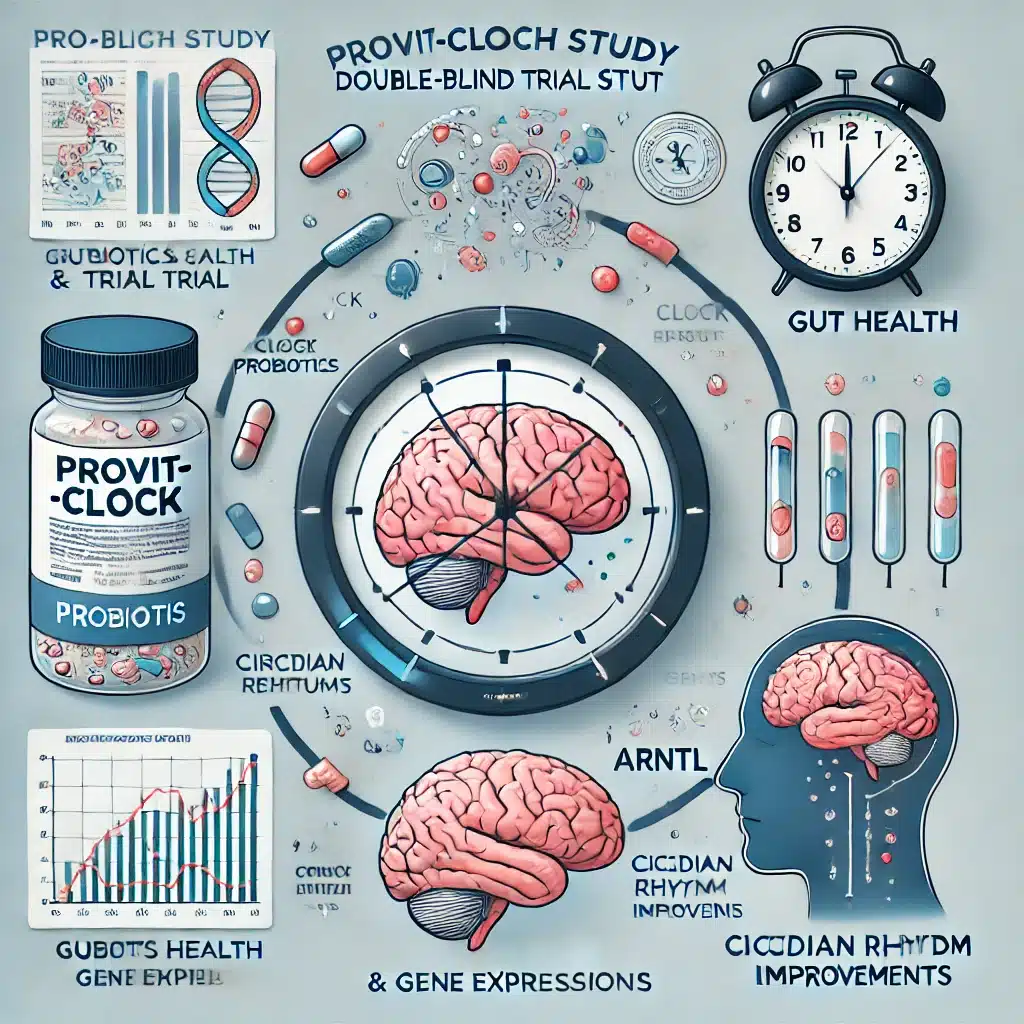High Fingernail Cortisol Linked to Lifetime Depression
Elevated fingernail cortisol levels can distinguish individuals with lifetime major depressive disorder (MDD) from healthy controls, suggesting it as a promising biomarker for MDD. Highlights: Individuals with lifetime MDD had significantly higher fingernail cortisol concentrations compared to healthy controls (p = 0.041). Higher fingernail cortisol concentrations were correlated with the number of depressive episodes experienced …










